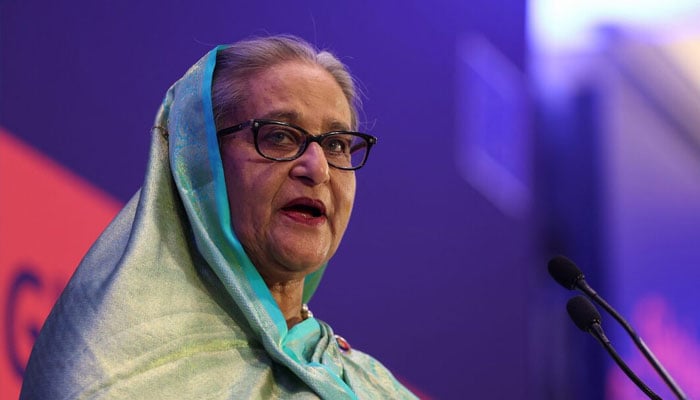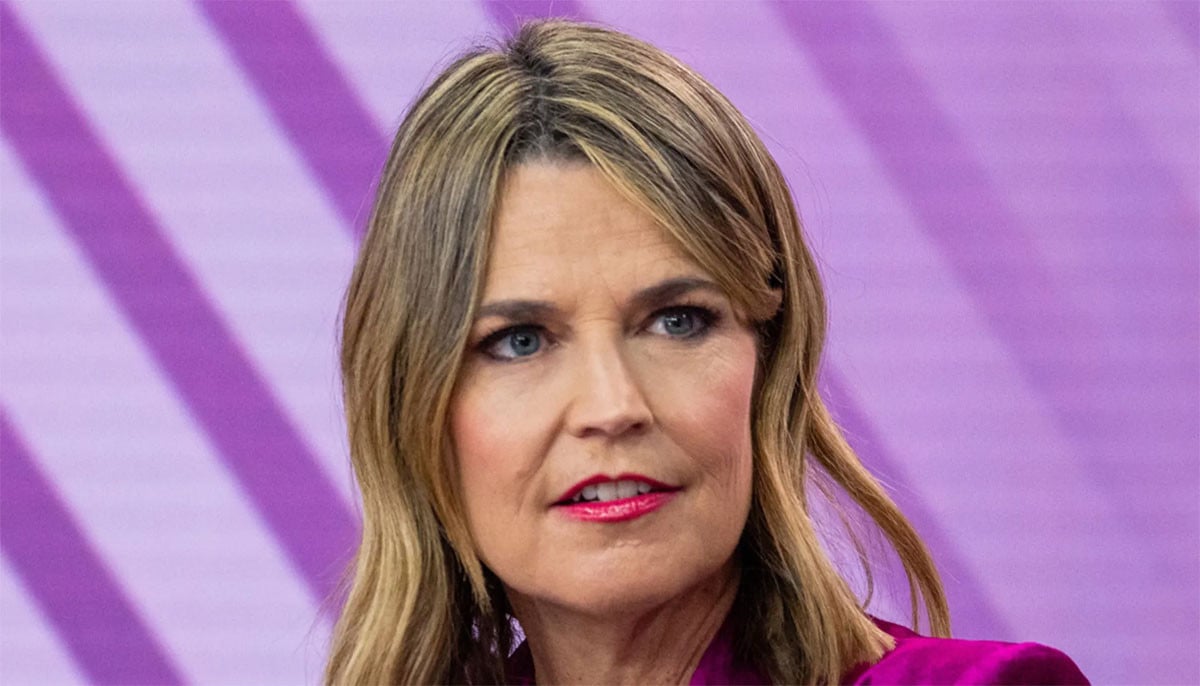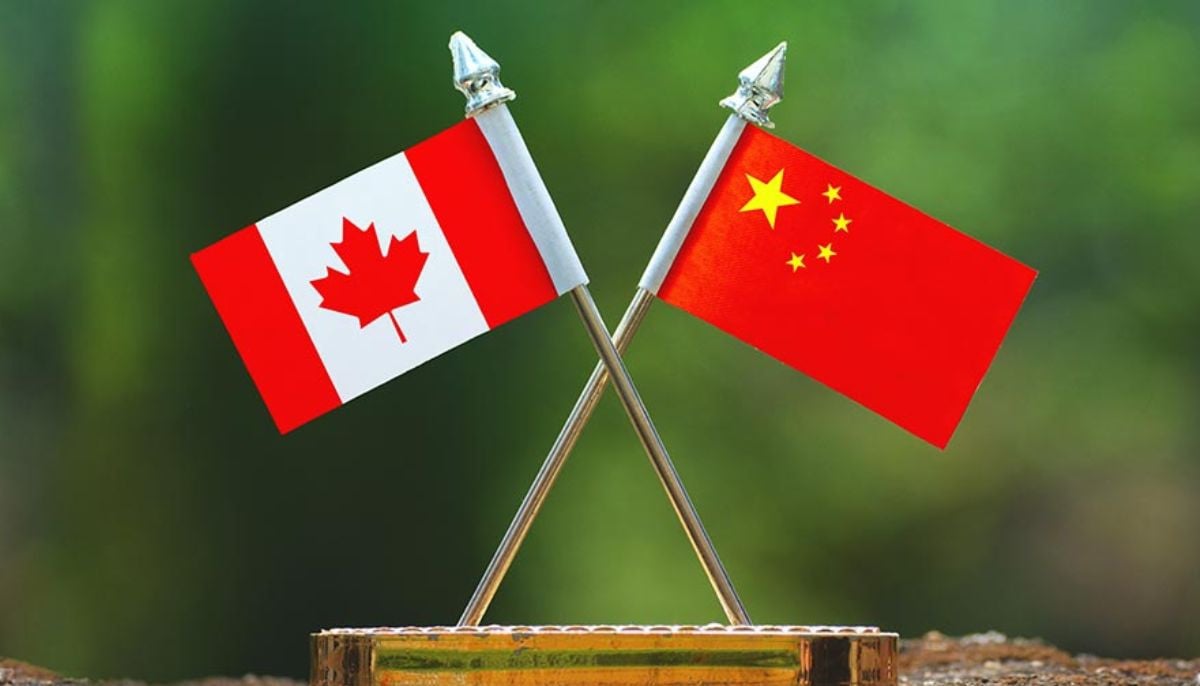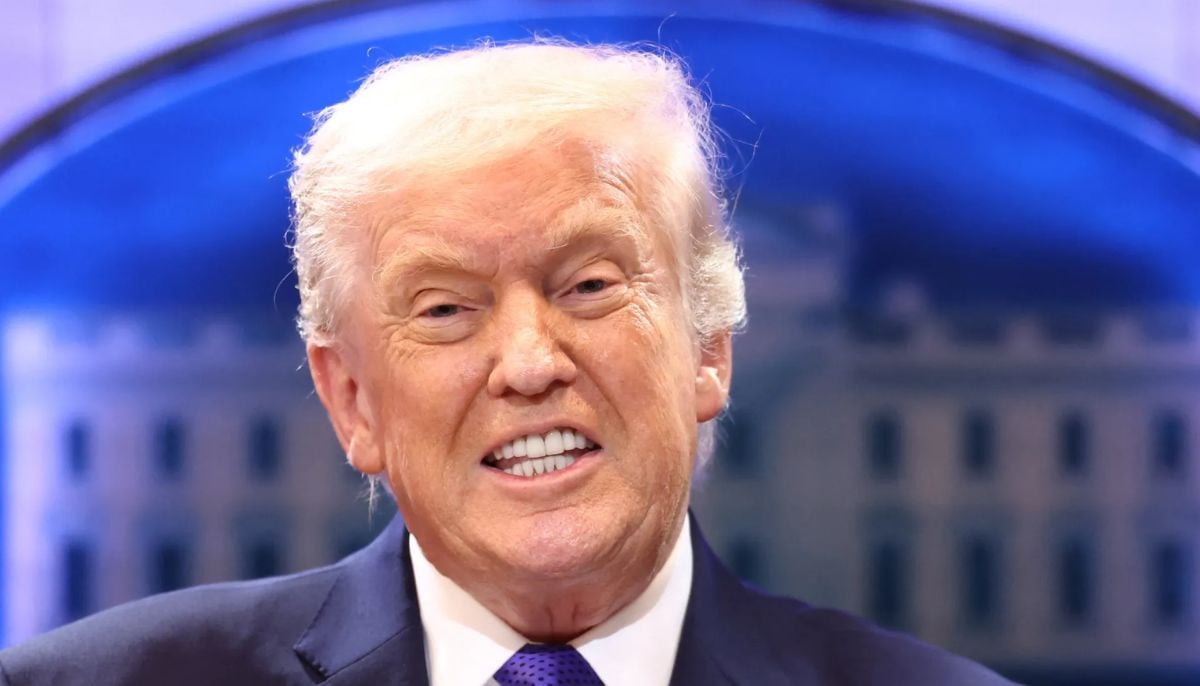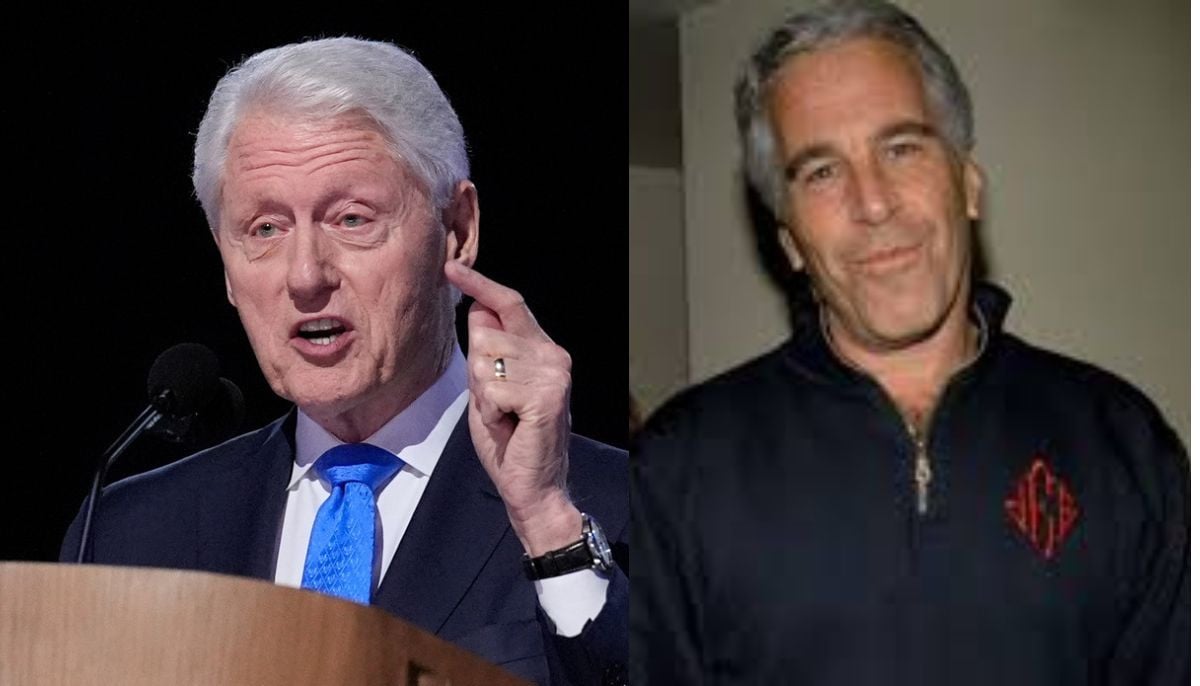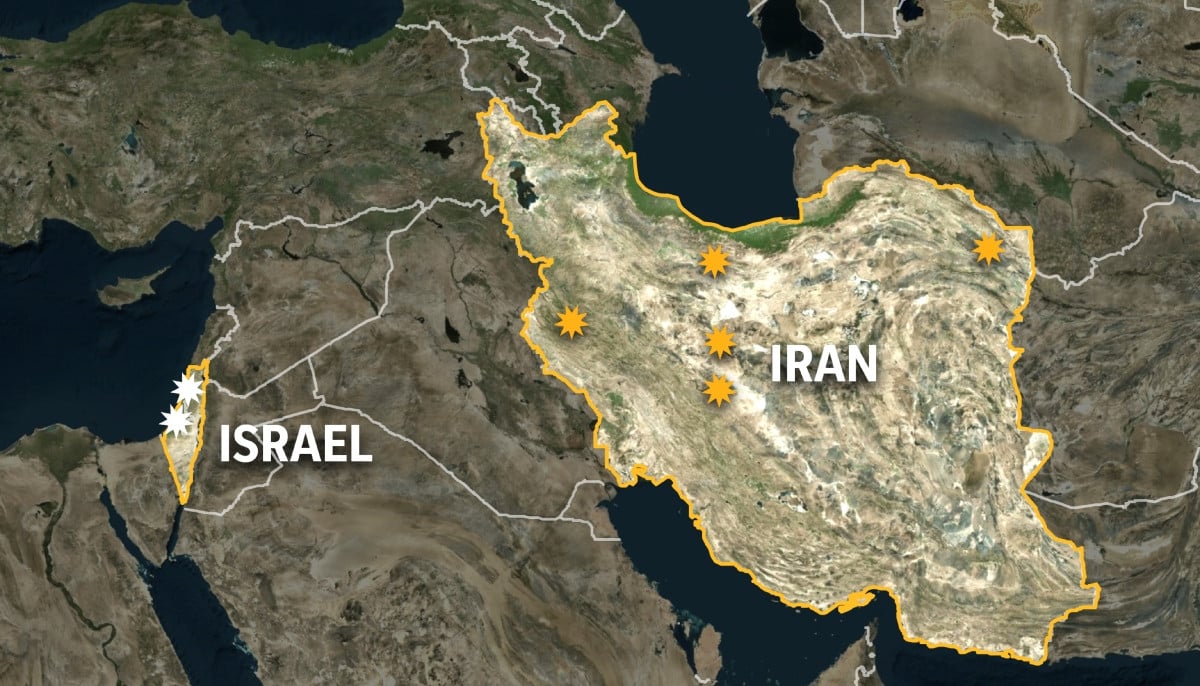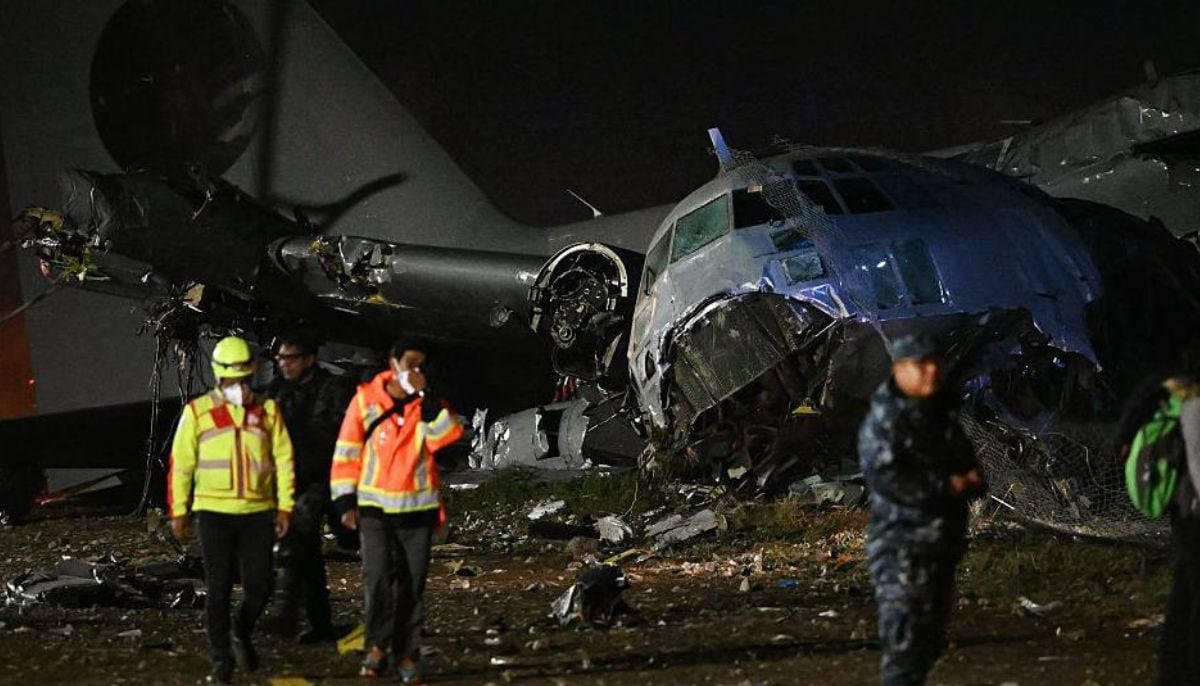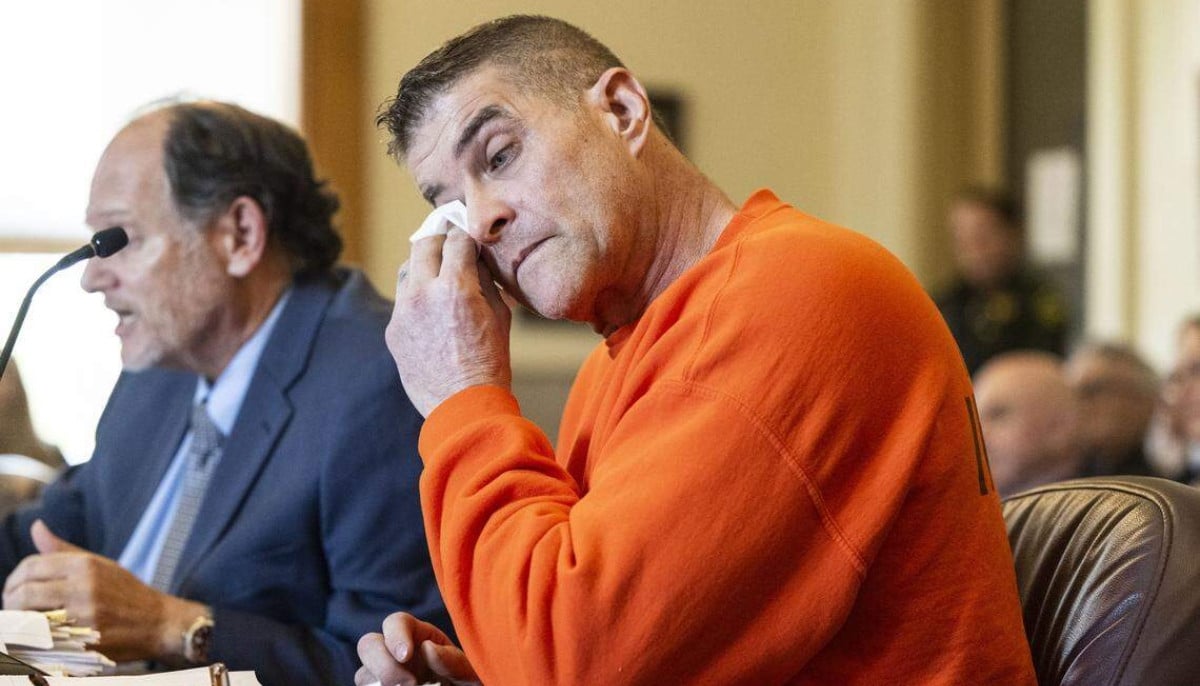Bangladesh to seek Sheikh Hasina's extradition from India
ICT official says they would try to bring Hasina back to face trial as she's named main accused in massacres
DHAKA: The interim government in Bangladesh said it will seek former prime minister Sheikh Hasina's extradition from India after she fled the country owing to violent protests which ended up ousting her government last month.
Speaking to reporters on Sunday, Bangladesh's International Crimes Tribunal (ICT) Chief Mohammad Tajul Islam accused Hasina of carrying out "massacres" and said: "As the main perpetrator has fled the country, we will start the legal procedure to bring her back."
The development comes after the country's de-facto Foreign Minister Mohammad Touhid Hossain said that the country "would have to ask for her return" as she faced "so many cases".
Hasina fled the country for India on August 5 after a violent uprising against her led to hundreds being killed, including many students. She has been named in two murder cases already, along with senior members of her cabinet.
Many of her former ministers and advisers have also been arrested.
"Bangladesh has a criminal extradition treaty with India which was signed in 2013, while Hasina's government was in power [....] As she has been made the main accused of the massacres in Bangladesh, we will try to legally bring her back to Bangladesh to face trial," the ICT chief prosecutor said.
The ICT was set up by Hasina in 2010, however, her government has been accused of widespread human rights abuses, including the mass detention and extrajudicial killing of her political opponents.
Hasina's last official whereabouts is at a military airbase near India's capital New Delhi. Her presence in India has infuriated Bangladesh.
Dhaka has revoked her diplomatic passport, and the countries have a bilateral extradition treaty which would permit her to return to face criminal trial.
A clause in the treaty, however, says extradition might be refused if the offence is of a "political character".
Interim leader Yunus, last week said that Hasina should "keep quiet" while exiled in India until she is brought home for trial.
"If India wants to keep her until the time Bangladesh wants her back, the condition would be that she has to keep quiet," Yunus, 84, told the Press Trust of India news agency.
His government has been under public pressure to demand her extradition and trial over the hundreds of demonstrators killed during the weeks of unrest that ultimately toppled her.
More than 600 people were killed in the weeks leading up to Hasina's ouster, according to a preliminary United Nations report, suggesting the toll was "likely an underestimate".
Bangladesh last month opened an investigation led by a retired high court judge into hundreds of enforced disappearances by security forces during Hasina's rule.
-
Savannah Guthrie speculations 'sadly' coming true about mother Nancy
-
Trump administration warns of slow payouts for tariff refunds amid intensifying trade disputes
-
‘I saw nothing’: Bill Clinton denies knowledge of Epstein’s crimes in House testimony
-
Israel launches attack on Iran's capital and declares state of emergency
-
At least 15 dead after military plane carrying new banknotes plunges out of control in Bolivia
-
Daniel Serafini gets life without parole in in-laws murder and attempted murder case
-
Nakiska Ski Area avalanche leaves youth unresponsive, second skier escapes unhurt
-
Igor Komarov missing in Bali: Seven foreign suspects arrested in kidnapping probe
